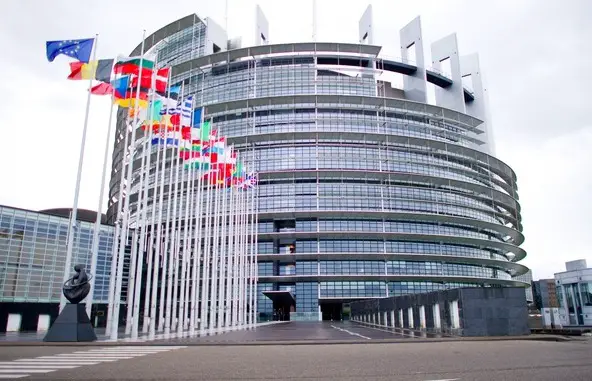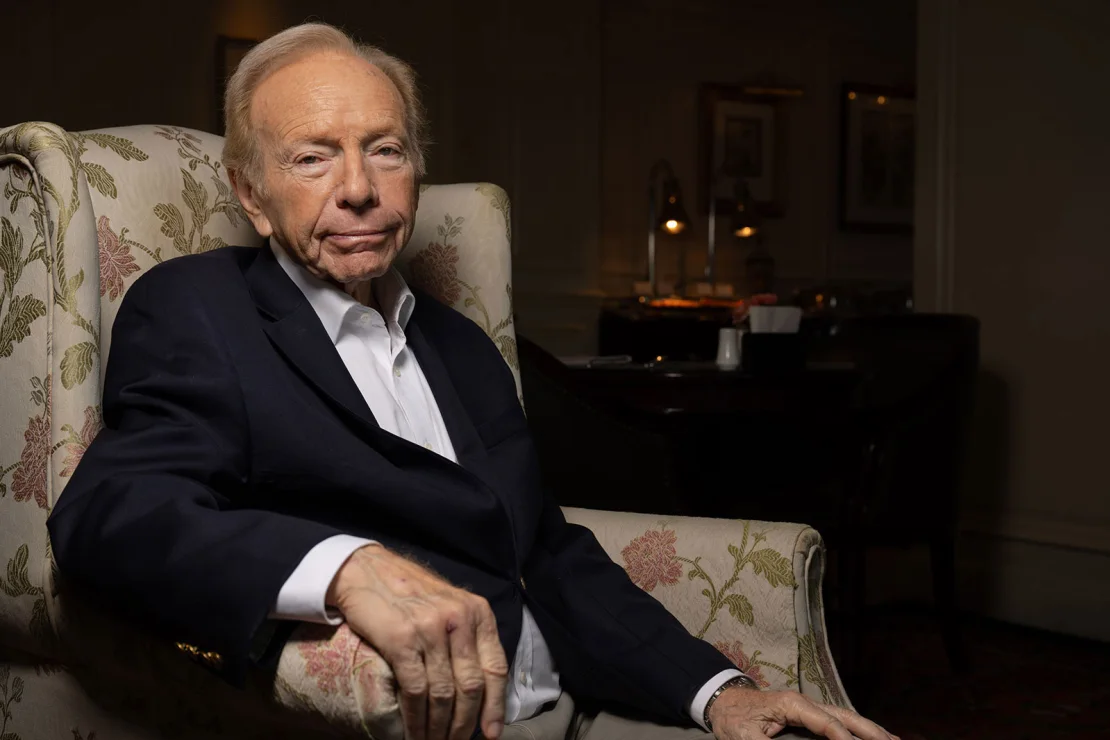The European Union (EU) has witnessed a significant shift in its political landscape over recent years, marked by the ascent of ultra-right wing ideologies that extend well beyond traditional conservative norms. This rise is fueled by a combination of strict nationalism, anti-immigration rhetoric, and a profound skepticism towards globalism and international cooperation. As these groups gain traction, they capitalize on widespread public discontent stemming from economic disparities, cultural changes, and concerns over national sovereignty.
The Resurgence of Radical Conservatism
Ultra-right wing parties in Europe advocate for preserving traditional cultural values, often tied to xenophobic, anti-Islamic, or anti-Semitic sentiments. Economically, they champion protectionism to shield local industries from global competition, presenting themselves as the defenders of the “true voice” of the native population against perceived political, cultural, and economic elites.
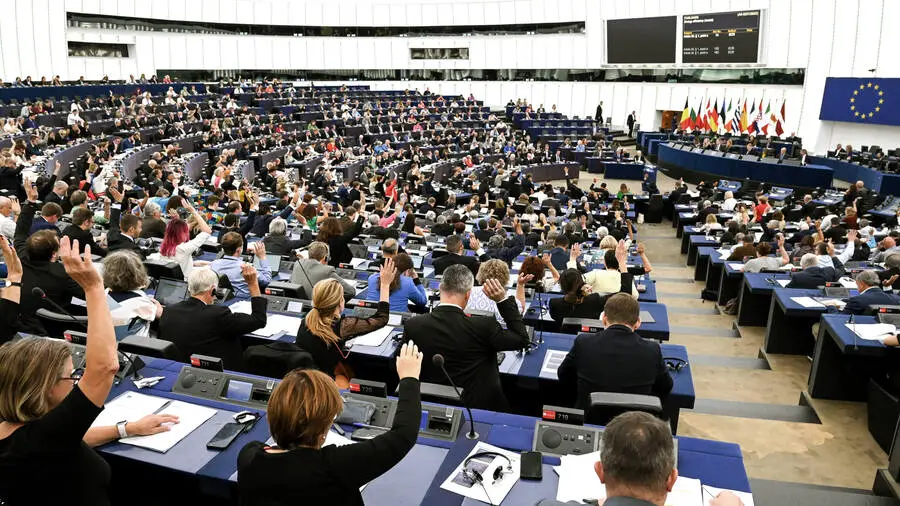
As of mid-2023, Spain stood as the sole EU country governed by a left-wing administration, facing stiff challenges in the upcoming elections. Meanwhile, countries like Germany, Portugal, Slovenia, Luxembourg, and Malta were under centre-left coalitions. In contrast, the majority of EU nations were governed by conservative or ultra-conservative parties, some of which have historical ties to fascist ideologies.
Leaders and Their Legacies
Notable ultra-conservative leaders such as Viktor Orban in Hungary, Giorgia Meloni and Matteo Salvini in Italy, and others across Europe, have significantly influenced their countries’ political directions. These leaders have fostered more authoritarian, intransigent societies that are markedly less supportive and more unequal, both economically and socially. Their political success often hinges on significant support from their constituencies, enough to impact national governance decisively.
Media and the Perpetual State of Crisis
The ultra-right exploits media and the 24-hour news cycle to create a “permanent state of emotional emergency,” as described by Natascha Strobl in her book, Radicalised Conservatism. This manipulation of media serves to disseminate unnuanced propaganda and indoctrination, sowing fake news to normalize a new way of thinking rooted deeply in fascist principles. This constant barrage of skewed information obscures the common good and undermines the necessity of preserving it through reasoned dialogue and agreements.
Historical Roots and Evolution
The ideology of conservatism, which saw its inception during the 18th and 19th centuries, was initially the bastion of the nationalist bourgeoisie. This class sought to maintain its social and material privileges against the redistributive impulses of enlightened liberalism and revolutionary socialism. Over the years, as societal shifts saw the rise of emancipation movements and the spread of fascist and National Socialist ideologies, traditional conservatism began to morph, particularly evident during the interwar period.
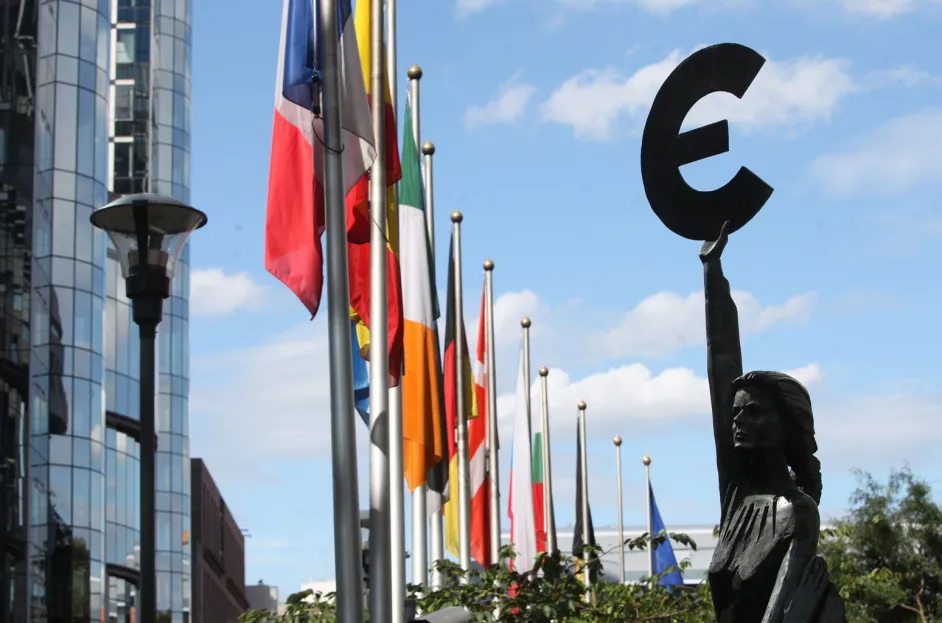
The Nouvelle Droite and Its Impact
By the late 1960s, reactionary movements like the Nouvelle Droite began to blend bourgeois conservatism with elements of post-fascist thought, eschewing the need for political parties by establishing a stronghold in the pre-political arena. This movement heavily utilized language as a tool not just for persuasion but for undermining democracy itself.
The Role of the Internet and Modern Media
In the digital age, ultra-right ideologies have found a fertile ground in the blogosphere and online platforms, where they spread conspiracy theories and alternative narratives about societal events. The COVID-19 pandemic, for instance, provided these groups a new platform to oppose containment measures and propagate alternative theories about the virus and vaccines.
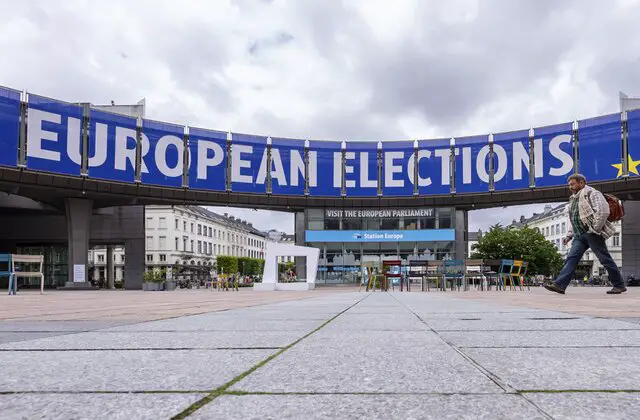
Economic Discontent and the Rise of the Ultra-Right
Since the 2008 financial crisis, the radical right’s strategy has increasingly resonated with individuals who feel disenfranchised by the current economic system. The rapid pace of globalization and technological change has left many feeling powerless, fueling the rise of these radical groups who promise to restore control and national pride by rejecting global cooperation and promoting isolationist policies.
Conclusion
The trajectory of ultra-right wing politics in the EU is a complex phenomenon deeply intertwined with historical, cultural, and economic factors. As Europe grapples with these challenges, the fundamental values of democracy, equality, and the rule of law are at stake. The growing influence of ultra-conservative ideologies poses a critical test for the stability and unity of the European Union in facing the realities of a rapidly changing world.

